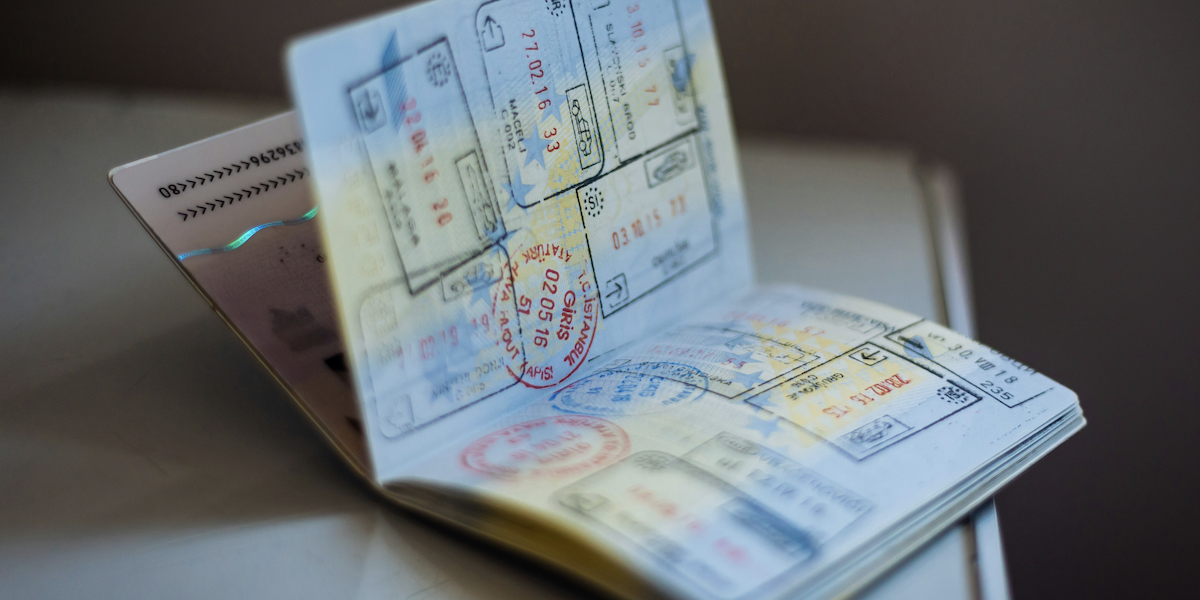The New H-1B Visa Fee: What It Means for Workers, Employers, and the U.S. Economy
Updated September 23, 2025 · Immigration Policy News-Analysis
Supporters argue the move protects American workers and curbs abuse of the H-1B system. Critics say it threatens U.S. competitiveness, particularly in industries like technology, healthcare, and academia that rely heavily on skilled immigration.
What Changed in the H-1B Visa Program
$100,000 One-Time Fee
All new H-1B petitions filed after September 21 must include this payment. Renewals, amendments, and employer changes for current visa holders are exempt.
Impact on Workers Abroad
Applicants seeking H-1B visas from outside the U.S. face new entry restrictions if petitions are not accompanied by the fee — raising concerns about disrupted hiring pipelines and mobility.
Shift Toward High-Wage Selection
The administration has also proposed prioritizing higher-paid, higher-skilled applicants over the traditional lottery system when demand exceeds supply.
Why the New H-1B Visa Fee Matters
1. Cost Barrier for Employers
The $100,000 fee may not faze tech giants like Google or Amazon, but it poses a major burden for startups, small businesses, and research institutions. Many may abandon H-1B sponsorship altogether.
2. Chilling Effect on Talent Mobility
For international professionals, especially in technology, healthcare, and academia, the fee introduces uncertainty and could push talent to Canada, the U.K., or Australia, which actively welcome skilled workers.
3. Risks for Current Visa Holders
The administration claims renewals and re-entry rights are unaffected. But immigration lawyers warn that travel abroad could expose workers to new risks as rules are interpreted and enforced.
4. Legal and Political Challenges Ahead
Experts question whether the executive branch has the authority to impose such a sweeping fee. Lawsuits are expected, likely shaping the H-1B program’s future in the courts as much as in policy debates.
Industry Reaction
- Economists warn the policy could slow U.S. growth by discouraging skilled immigration.
- Tech companies have urged H-1B employees abroad to return quickly, fearing disruptions in visa processing.
- India’s IT sector, a major supplier of H-1B professionals, has raised alarms about disrupted operations and workforce planning.
The Bigger Picture: U.S. Immigration Policy at a Crossroads
“The H-1B program has always been a flashpoint, balancing domestic job protection against the need for global talent. This new fee sharpens that divide.”
By imposing a fee large enough to reshape who can participate, the U.S. has raised fundamental questions:
- Should visas be limited to only the wealthiest employers and highest-paid applicants?
- Or does that risk undercutting innovation, diversity, and competitiveness in industries that fuel economic growth?
As lawsuits mount and industries adjust, the world will be watching whether the U.S. is closing the door on skilled immigrants... or simply redefining who gets to walk through it.





